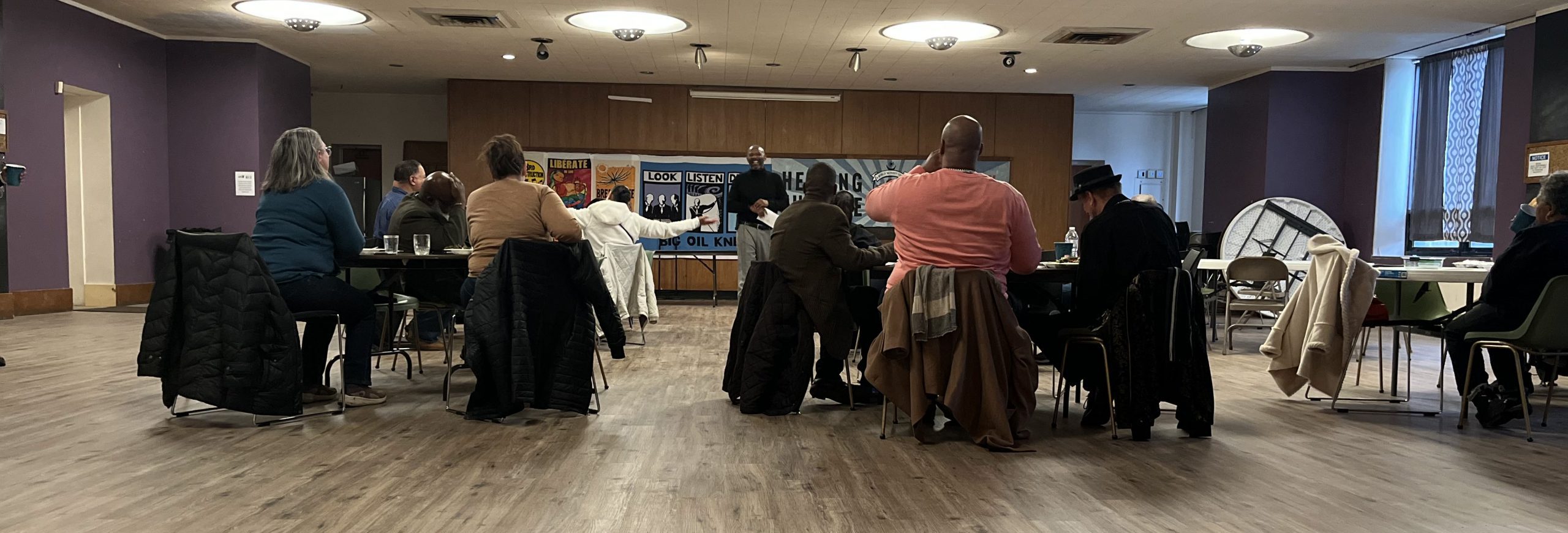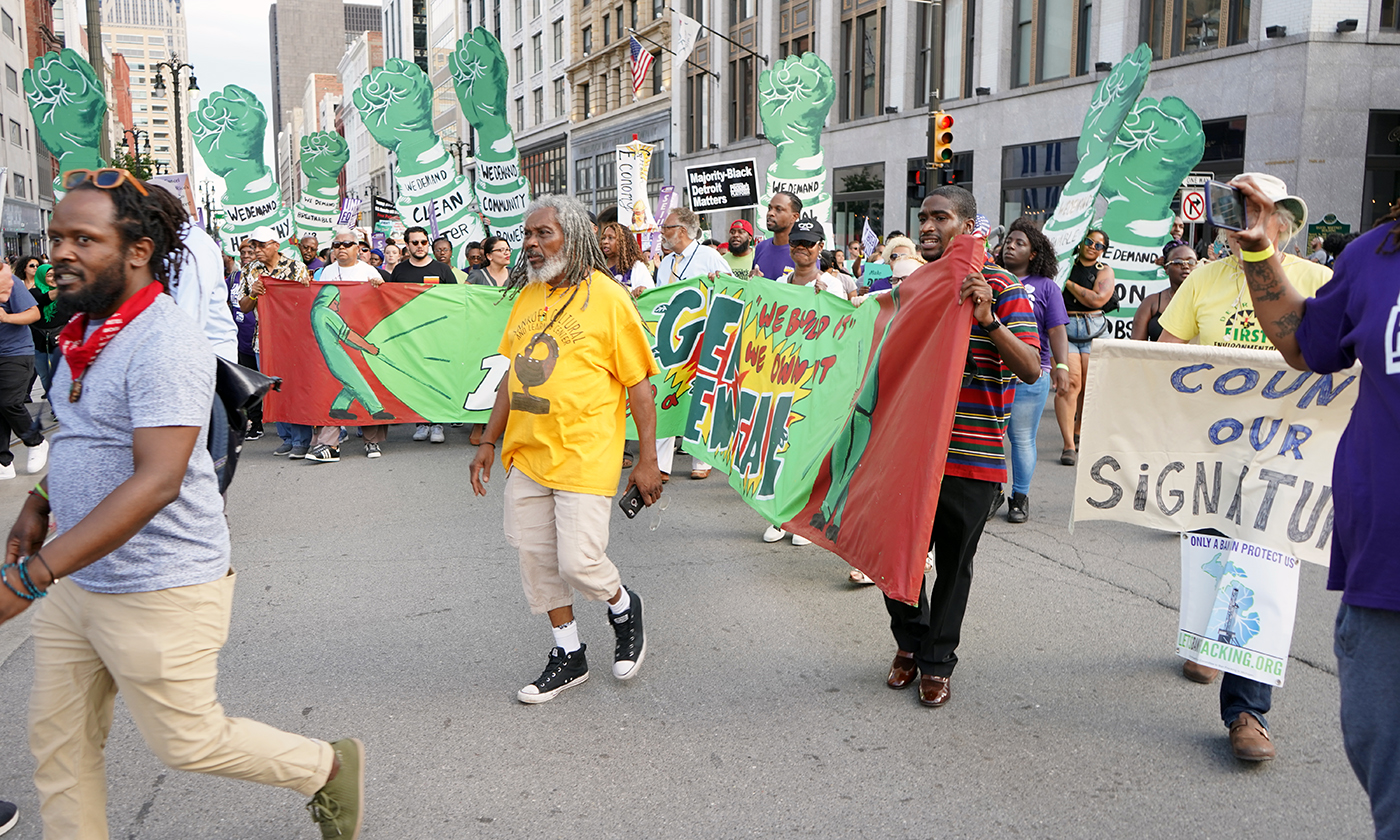
EAST MICHIGAN ENVIRONMENTAL ACTION COUNCIL (EMEAC) began as a response in the 1960’s to environmental concerns in southeast Michigan. Algae blooms were choking out life in Great Lakes and inland waters. Household and industrial wastes were piling up in landfills. Air pollutants were becoming a health issue in many urban neighborhoods and highways and buildings were covering up wetlands and open areas at the urban fringe.
Over 70 ears later, Detroit is in crisis. In every area of life, Detroiters are under assault: the education system has been dismantled, unions broken, houses foreclosed on, pensions defunded, emergency services selectively applied, streetlights permanently shut off in certain areas, environmental injustices abound, social safety net services defunded, and the will of the people (through democratic processes) denied.
“There’s no such thing as a single-issue struggle, because we don’t live single-issue lives.”– Audre Lorde
EMEAC works across section and with multi-issue struggles because the families we work with are forced to take on multiple systems of oppression in their everyday lives. Many Detroit families live in poverty, not of their own making, but because our system has failed them. These families have the firsthand experience and insight into how public policy, attitudes and systems must change to raise all families to prosperity. At the core of EMEAC is our resolve to follow the lead of the community. Our organization is comprised of community members that have been trained through our political education and organizing workshops and rose to leadership.

For over forty years, EMEAC has been working in the community, in the courts, in township halls and in schools. We played a role in the enactment of most of Michigan’s environmental laws. Our work is rooted in the principles of environmental justice and in community organizing. We work to fight environmental racism and extreme energy while building community solutions and resilience inside Detroit: the community where we live, work and play.
Click here for a link to our full reporting/ IRS requirement
Our Programs Include:
- OUR POWER/ JUST TRANSITION
- GREENER SCHOOLS
- CULTURAL, ENVIRONMENTAL, ARTS & SCIENCES LABS
- YOUTH LEADERSHIP DEVELOPMENT & StreetTEAMS
- CASS CORRIDOR COMMONS
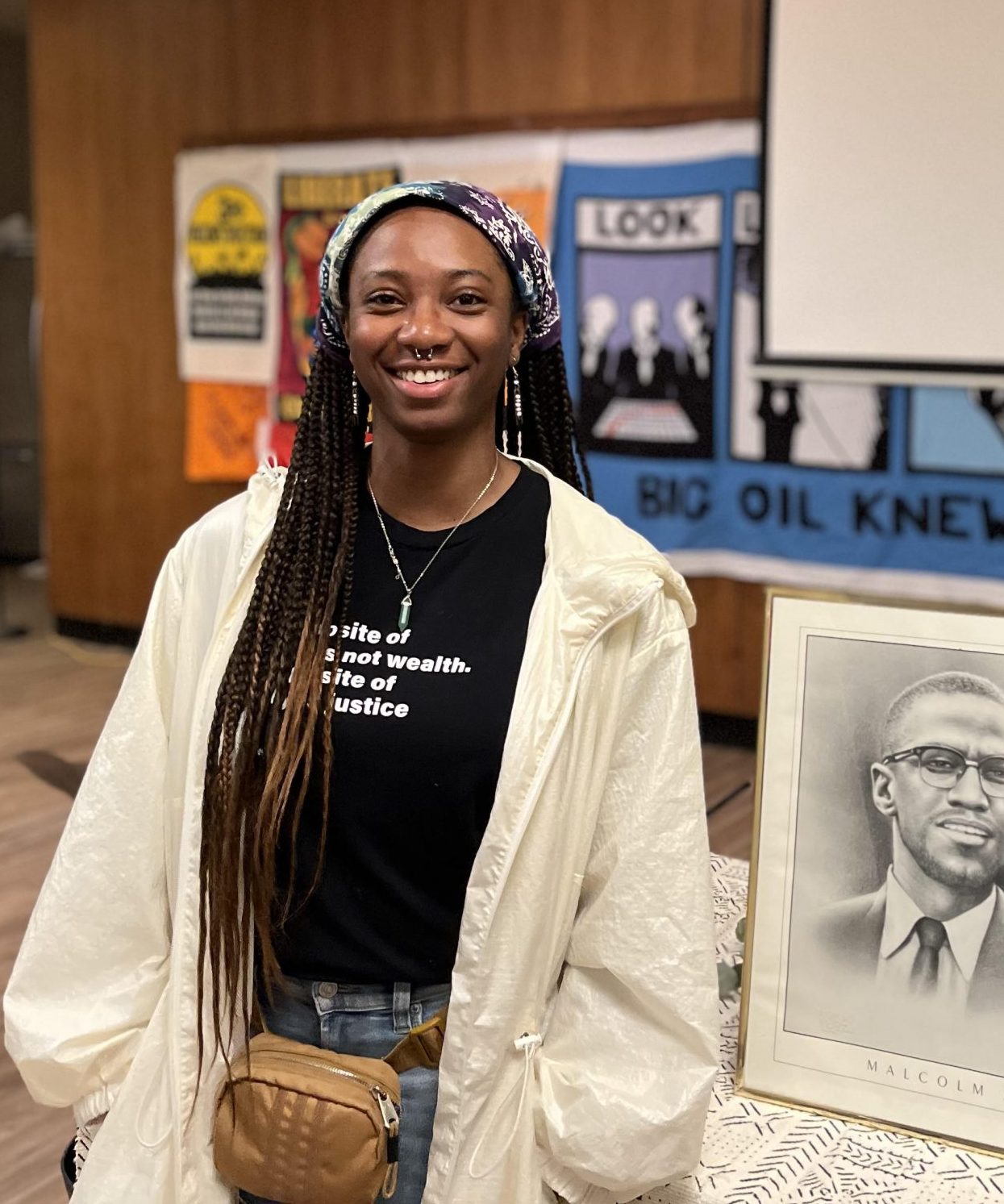
Alana Burke
Coordinator, Community Outreach & Members Empowerment

Isis House
Coordinator, YIELD
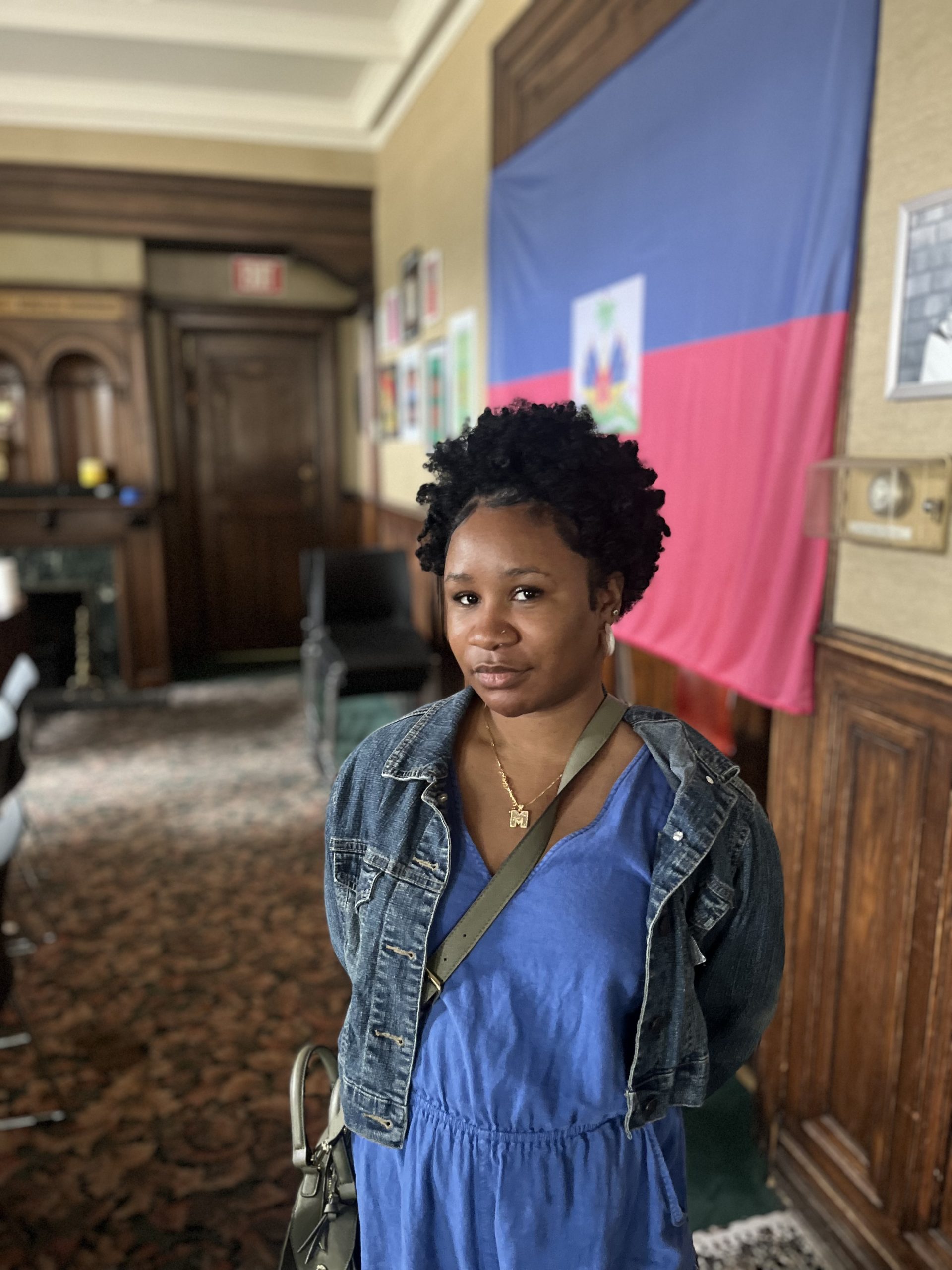
Jameela Muhammad
Curriculum, In-School Instruction

Carla River-Johnson
Senior Manager, Operations

Jerome Sims
Coordinator, Campus Life & YIELD

Paul Jackson
Executive Director

Jada Sims
Project Lead, Fund Development & Institutional Advancement
Board of Directors
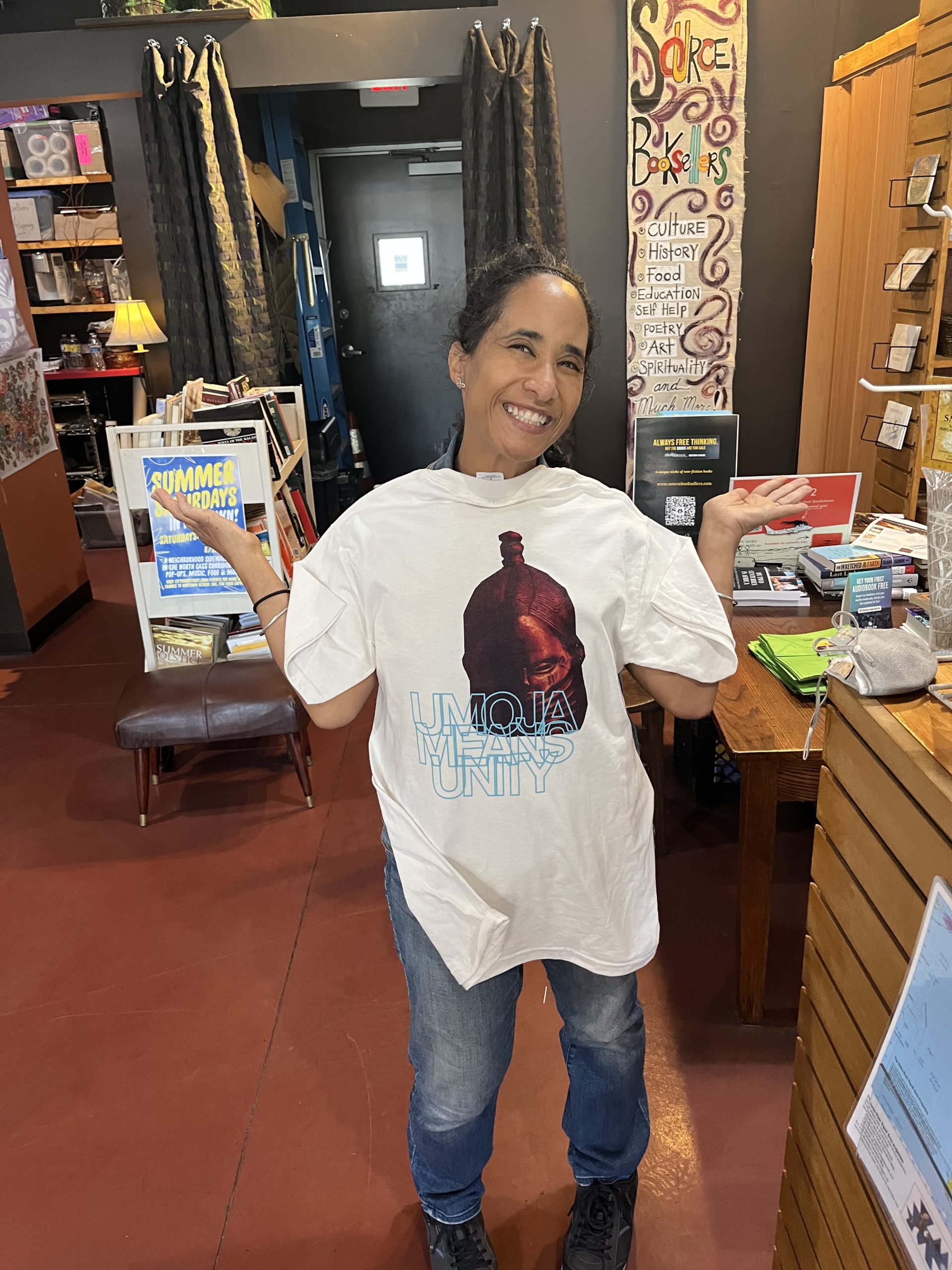
Alyson Jones
Board Member, Education Chair
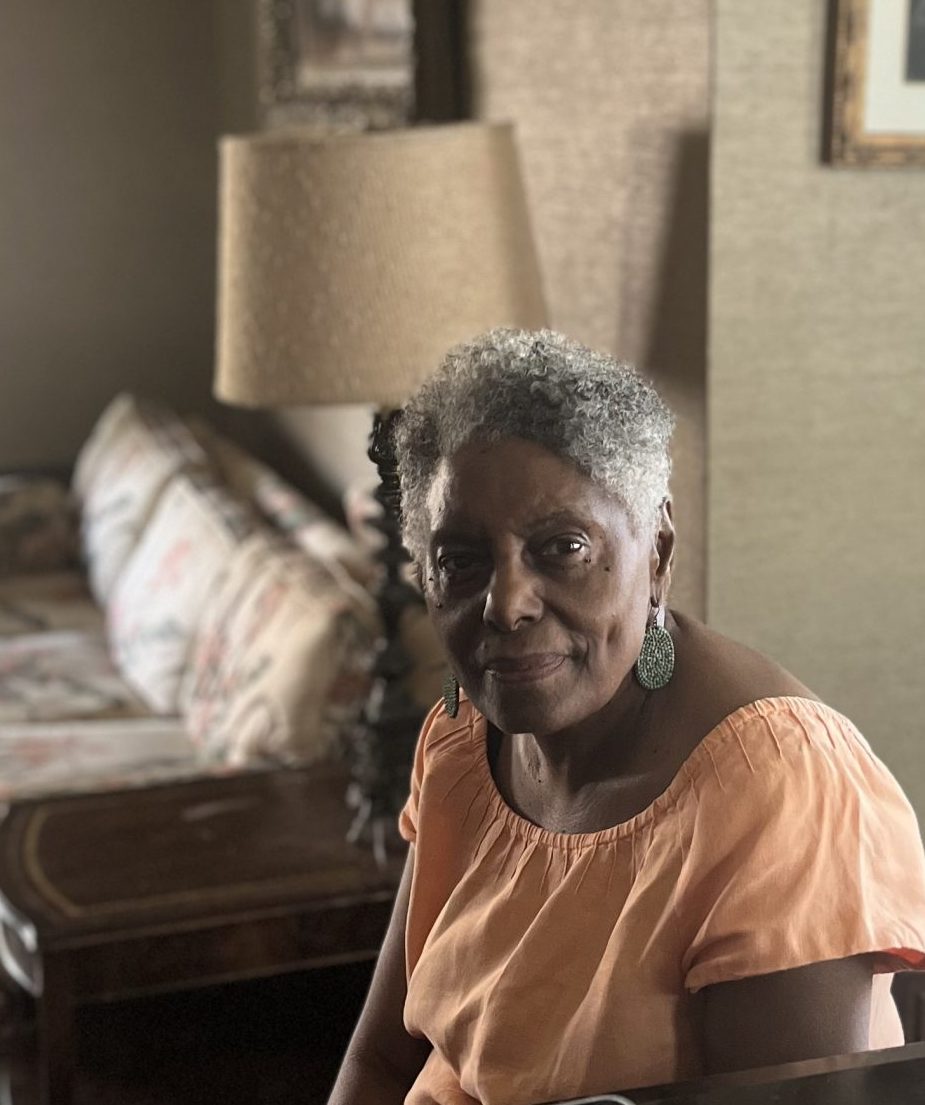
Aneb Kgositsile
Board President

Aurora Harris
Board Secretary
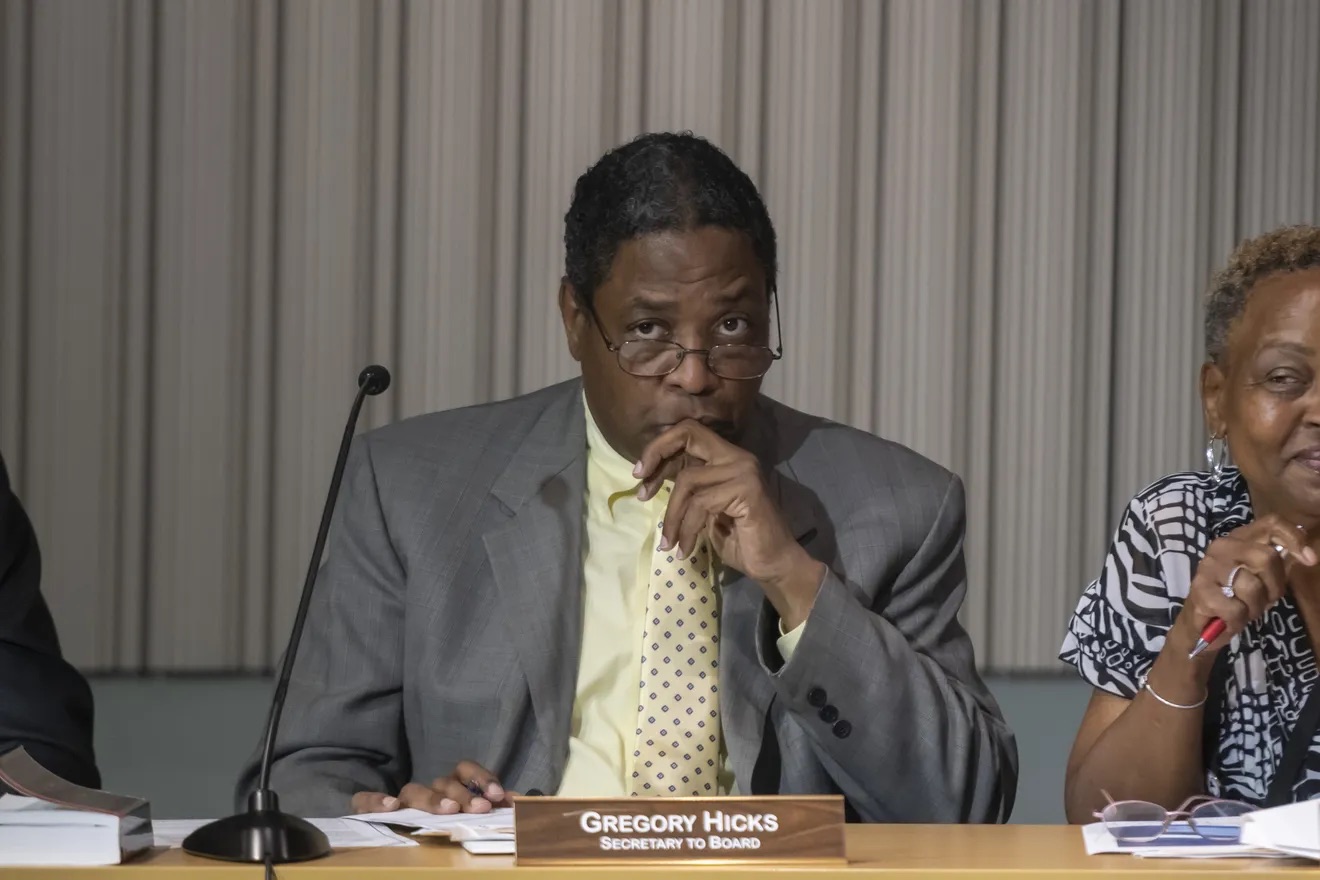
Gregory Hicks
Board Treasurer

Bryce Anderson-Small
Board Member
Jemez Principles for Democratic Organizing
1.) Inclusivity
Be Inclusive If we hope to achieve just societies that include all people in decision-making and assure that all people have an equitable share of the wealth and the work of this world, then we must work to build that kind of inclusiveness into our own movement in order to develop alternative policies and institutions to the treaties policies under neoliberalism.
This requires more than tokenism, it cannot be achieved without diversity at the planning table, in staffing, and in coordination. It may delay achievement of other important goals, it will require discussion, hard work, patience, and advance planning. It may involve conflict, but through this conflict, we can learn better ways of working together. It’s about building alternative institutions, movement building, and not compromising out in order to be accepted into the anti-globalization club.
2.) Bottom-Up Power
To succeed, it is important to reach out into new constituencies, and to reach within all levels of leadership and membership base of the organizations that are already involved in our networks. We must be continually building and strengthening a base which provides our credibility, our strategies, mobilizations, leadership development, and the energy for the work we must do daily.
3.) We Speak for Ourselves
We must be sure that relevant voices of people directly affected are heard. Ways must be provided for spokespersons to represent and be responsible to the affected constituencies. It is important for organizations to clarify their roles, and who they represent, and to assure accountability within our structures.
4.) Mutuality & Solidarity
Groups working on similar issues with compatible visions should consciously act in solidarity, mutuality and support each other’s work. In the long run, a more significant step is to incorporate the goals and values of other groups with your own work, in order to build strong relationships. For instance, in the long run, it is more important that labor unions and community economic development projects include the issue of environmental sustainability in their own strategies, rather than just lending support to the environmental organizations. So communications, strategies and resource sharing is critical, to help us see our connections and build on these.
5.) Just Relationships
We need to treat each other with justice and respect, both on an individual and an organizational level, in this country and across borders. Defining and developing “just relationships” will be a process that won’t happen overnight. It must include clarity about decision-making, sharing strategies, and resource distribution. There are clearly many skills necessary to succeed, and we need to determine the ways for those with different skills to coordinate and be accountable to one another.
6.) Commitment to Self-Transformation
As we change societies, we must change from operating on the mode of individualism to community-centeredness. We must “walk our talk.” We must be the values that we say we’re struggling for and we must be justice, be peace, be community.
East Michigan Environmental Action Council works to build a movement to produce environmental justice as a transformation of society. We do not exercise state power and we do not have massive money wealth; we will not solve our problems with the stroke of a pen. Yet our communities have generated all of the wealth around us and the power of the state is only legitimate if it works in the interest of our collective wellbeing. So we work collectively to energize and enlighten society as a whole to act to produce justice in our environment. As such, we work to build a transformative environmental justice movement from within the broad base of neighborhoods and communities of Southeast Michigan. We analyze our community’s collective problems and work toward real solutions, those that address root causes and produce lasting change, working within our Six Pillars of Power:
- Science & Knowledge Production
- Eco-Socialism: Ecological & Economic Freedom
- Black Liberation: Internationalism & Solidarity
- People’s schools: Political Education & Organizing
- Black Arts & Culture: Spiritual Grounding & Ancestral Veneration
- Radical Futurity: Youth Power & Intergenerational Study

Office Hours
Mon – Sat
10.00am – 4.00pm
(except holidays)
phone: (313) 556-1702
Detroit, MI 48201


